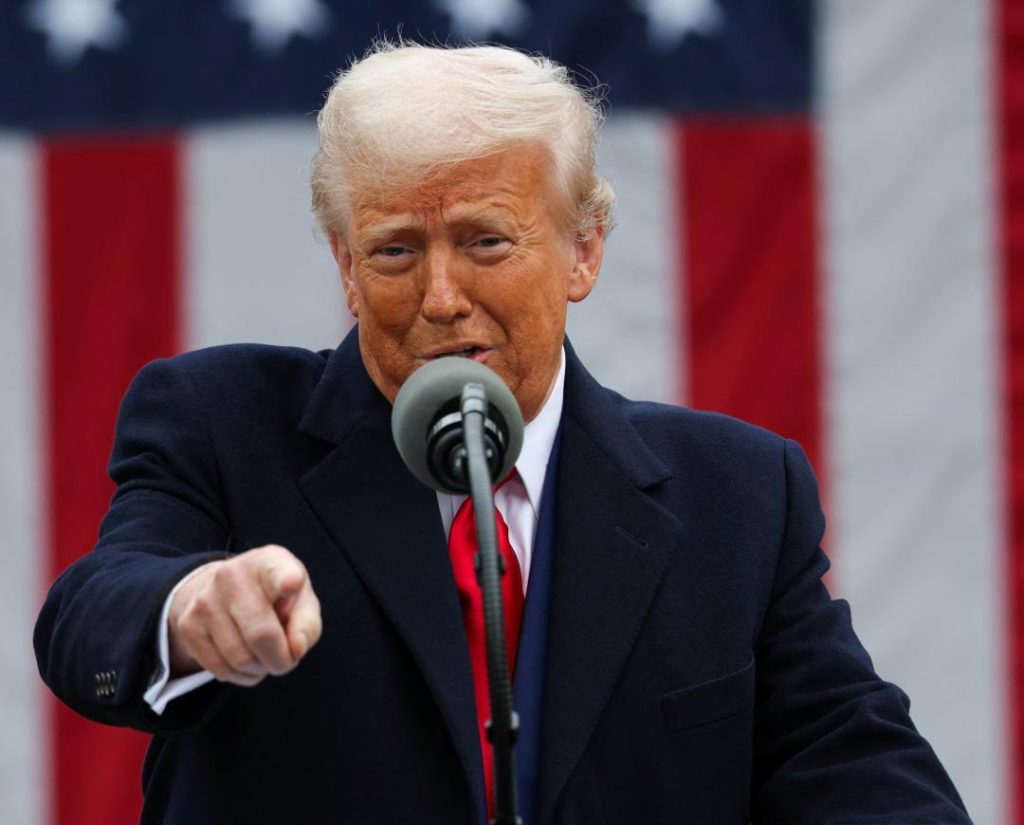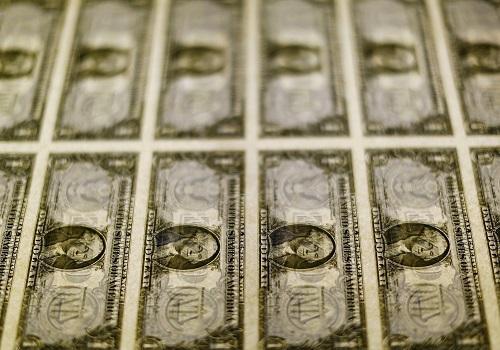
Title: Which goods & items are exempt from Trump’s new tariffs?
In a recent move, US President Donald Trump announced reciprocal tariffs on a list of Chinese goods, aiming to address the trade imbalance between the two nations. The tariffs, which were announced on Wednesday, April 2, are expected to affect a wide range of products, including electronics, machinery, and textiles. However, not all goods and items are included in the list, and certain commodities have been exempted from the tariffs.
According to reports, pharmaceuticals, bullion, energy products, some minerals not available in the US, copper, steel, aluminum, semiconductors, and lumber articles are among the goods and items that have been kept out of the ambit of Trump’s reciprocal tariffs. These exemptions are expected to benefit countries like India, which exports a significant amount of pharmaceutical products to the US.
Pharmaceutical products, in particular, are a significant contributor to India’s exports to the US. According to reports, India exports nearly $9 billion worth of pharmaceutical products to the US each year. The exemption of pharmaceuticals from the tariffs is expected to reduce the cost of production for Indian pharmaceutical companies, making them more competitive in the global market.
Bullion, which includes physical gold and silver of high purity, is another commodity that has been exempted from the tariffs. This is likely due to the fact that the US is a major producer of gold and silver, and the exemption is aimed at reducing the impact of the tariffs on the domestic industry.
Energy products, such as oil and natural gas, are also exempt from the tariffs. This is likely due to the fact that the US is a significant producer of energy products, and the exemption is aimed at reducing the impact of the tariffs on the domestic industry.
Some minerals, such as rare earth minerals, have also been exempted from the tariffs. These minerals are not readily available in the US and are used in a variety of high-tech products, including electronics and renewable energy technologies.
Copper, steel, and aluminum, which are all essential materials for manufacturing, have also been exempted from the tariffs. These exemptions are likely aimed at reducing the impact of the tariffs on the domestic industry and domestic consumers.
Semiconductors, which are used in a variety of electronic products, including smartphones and computers, have also been exempted from the tariffs. This is likely due to the fact that the US is a significant producer of semiconductors, and the exemption is aimed at reducing the impact of the tariffs on the domestic industry.
Lumber articles, which include products such as wood and wood products, have also been exempted from the tariffs. This is likely due to the fact that the US is a significant producer of lumber products, and the exemption is aimed at reducing the impact of the tariffs on the domestic industry.
While the exemptions from the tariffs are expected to benefit certain industries and countries, they are likely to be met with criticism from those who argue that the tariffs are necessary to address the trade imbalance between the US and China. The tariffs are expected to take effect on July 6, and it remains to be seen how they will impact the global economy.
In conclusion, while the tariffs announced by Trump are expected to have a significant impact on the global economy, certain goods and items have been exempted from the tariffs. Pharmaceuticals, bullion, energy products, some minerals not available in the US, copper, steel, aluminum, semiconductors, and lumber articles are among the goods and items that have been kept out of the ambit of Trump’s reciprocal tariffs. These exemptions are expected to benefit countries like India, which exports a significant amount of pharmaceutical products to the US.






